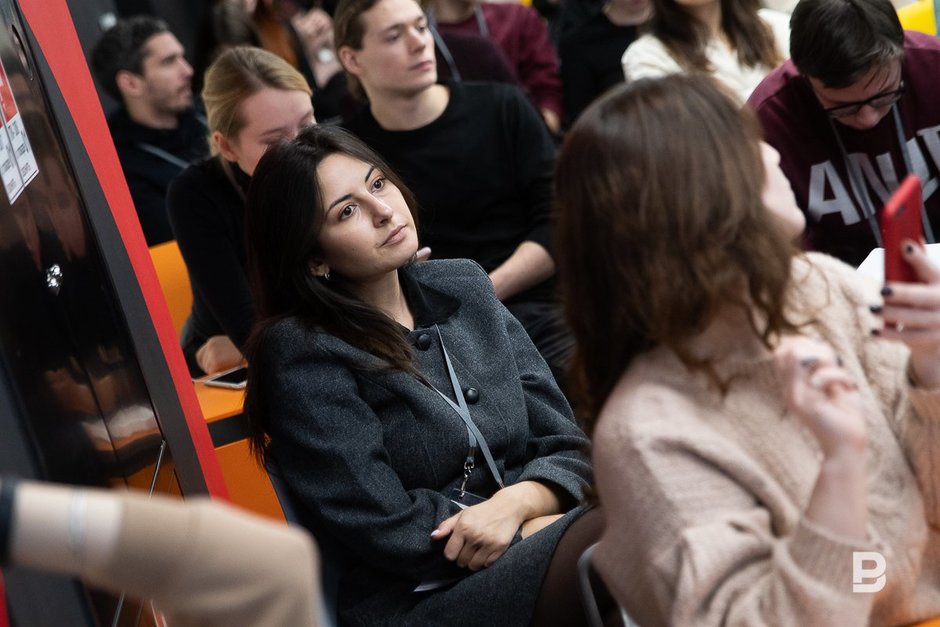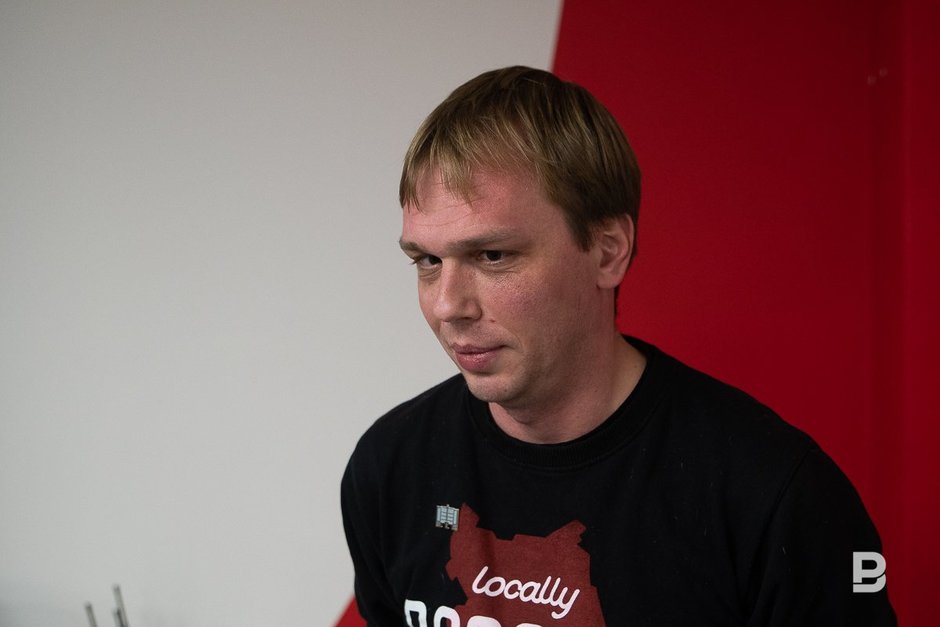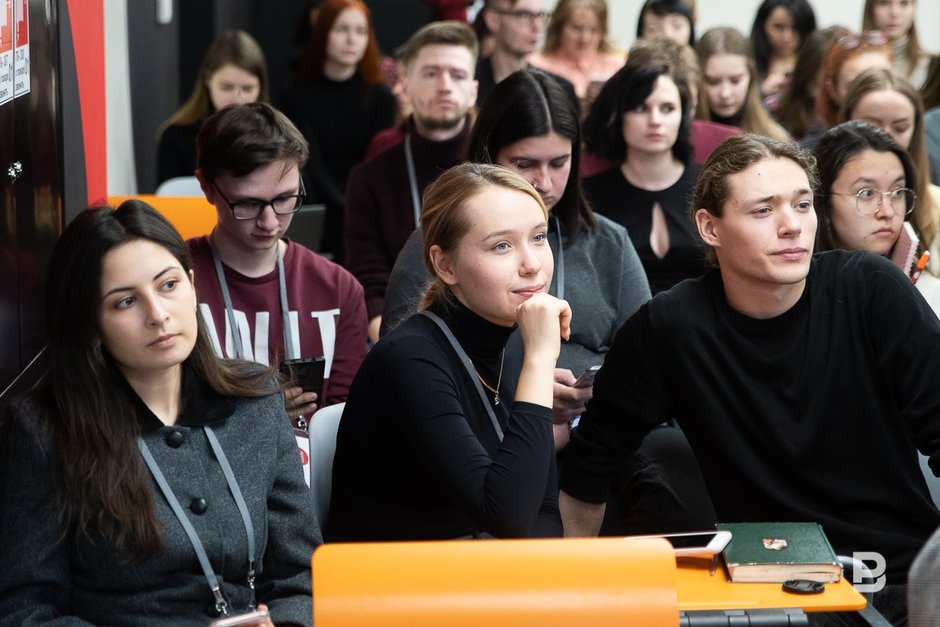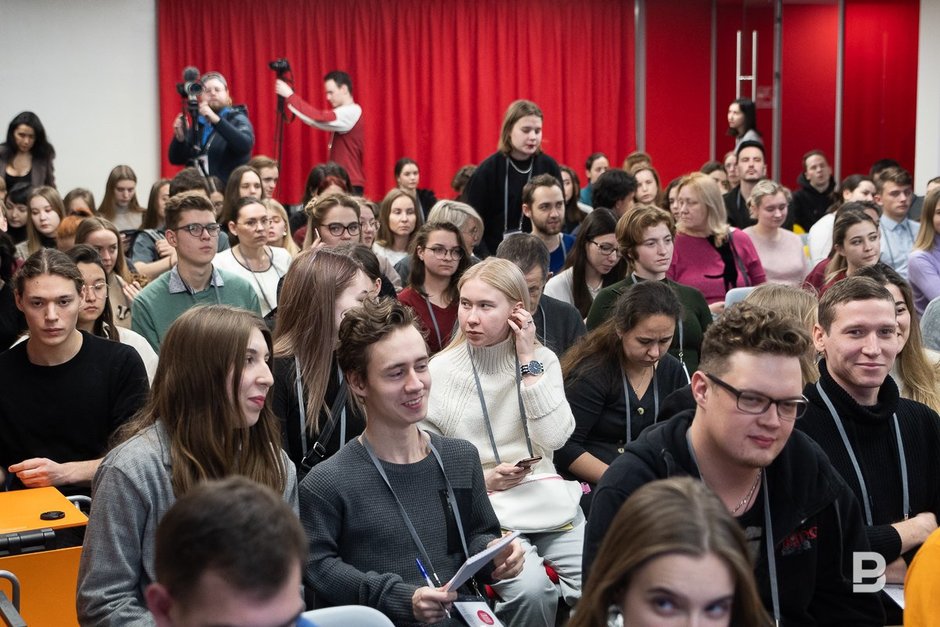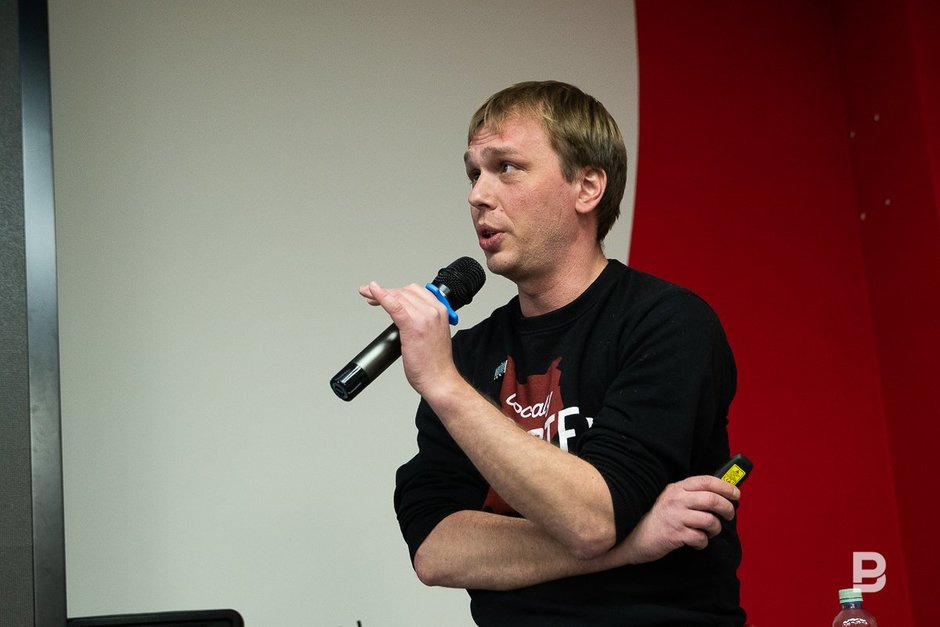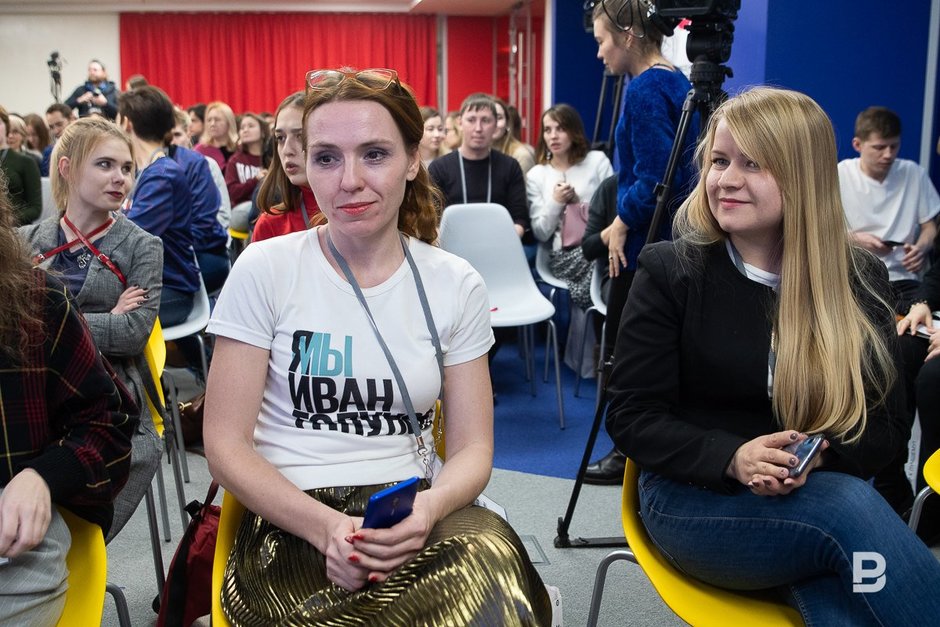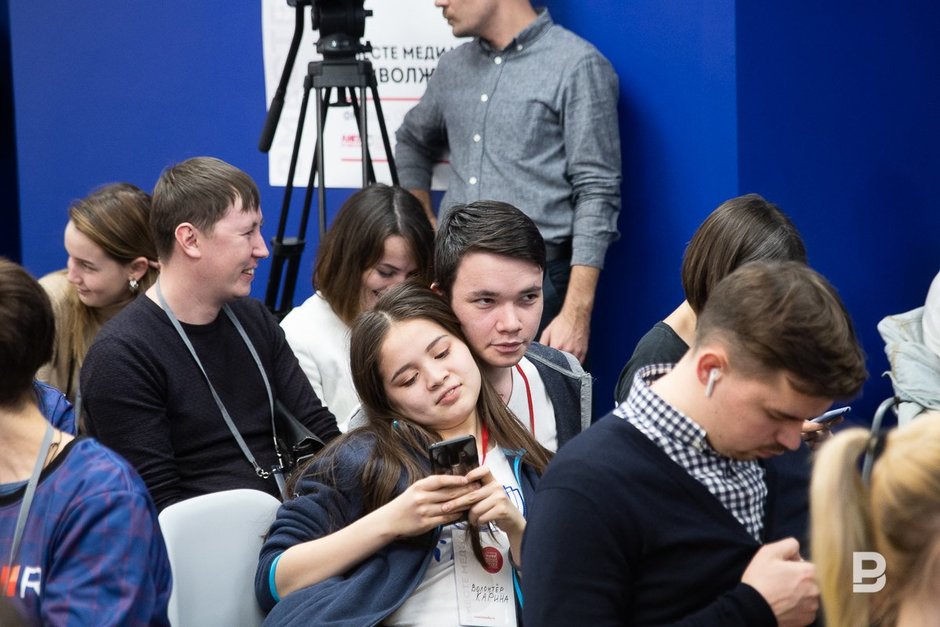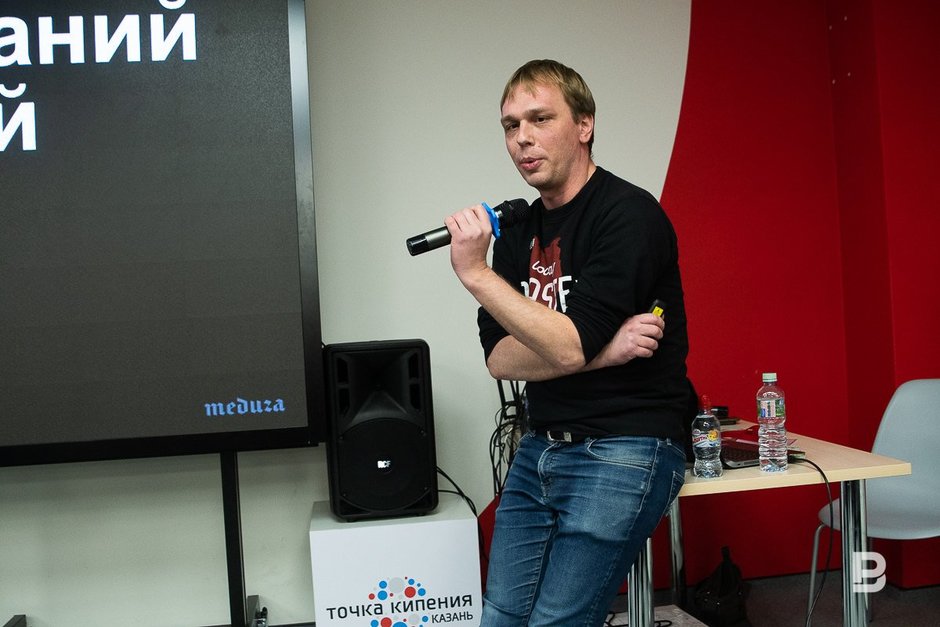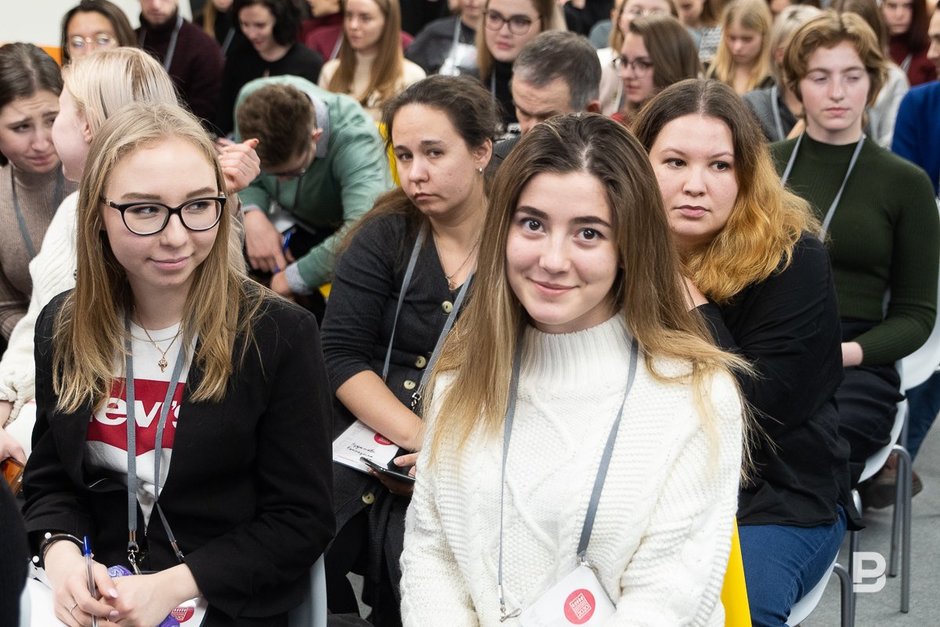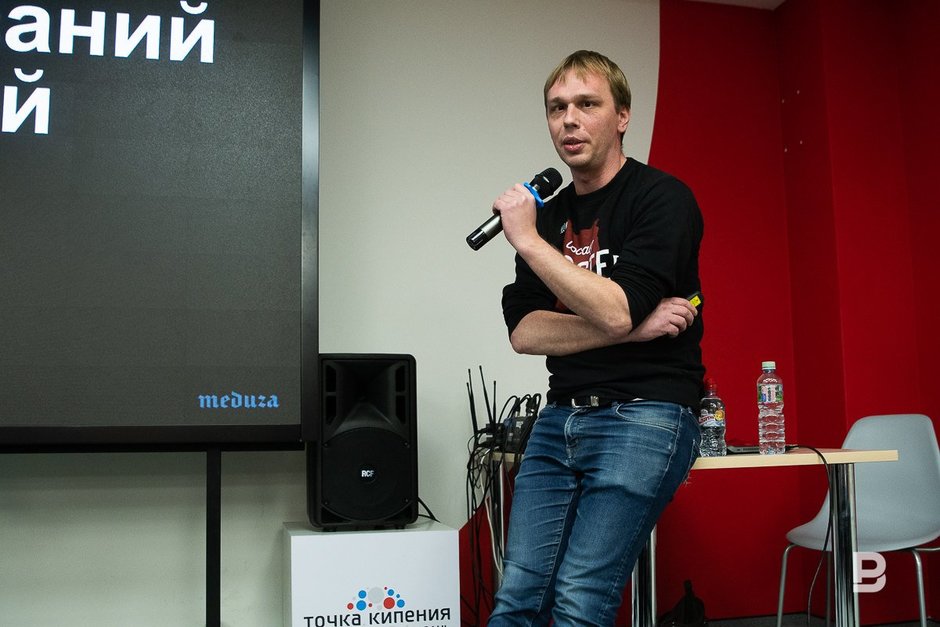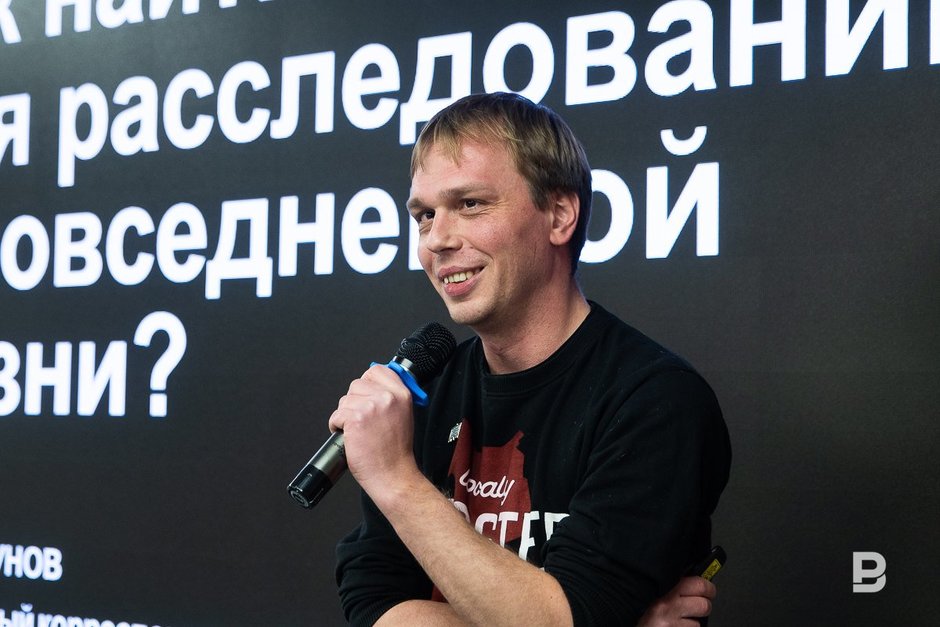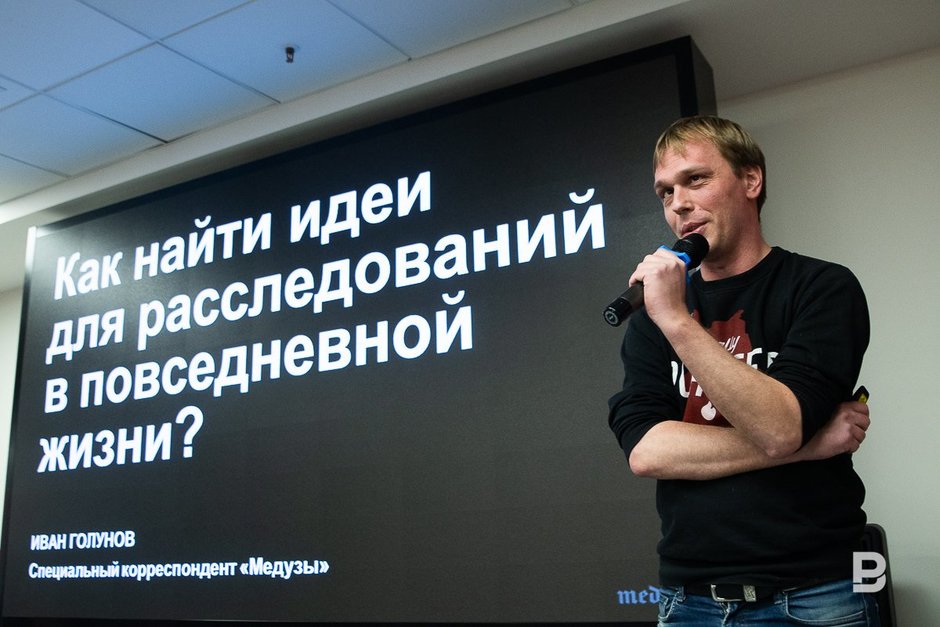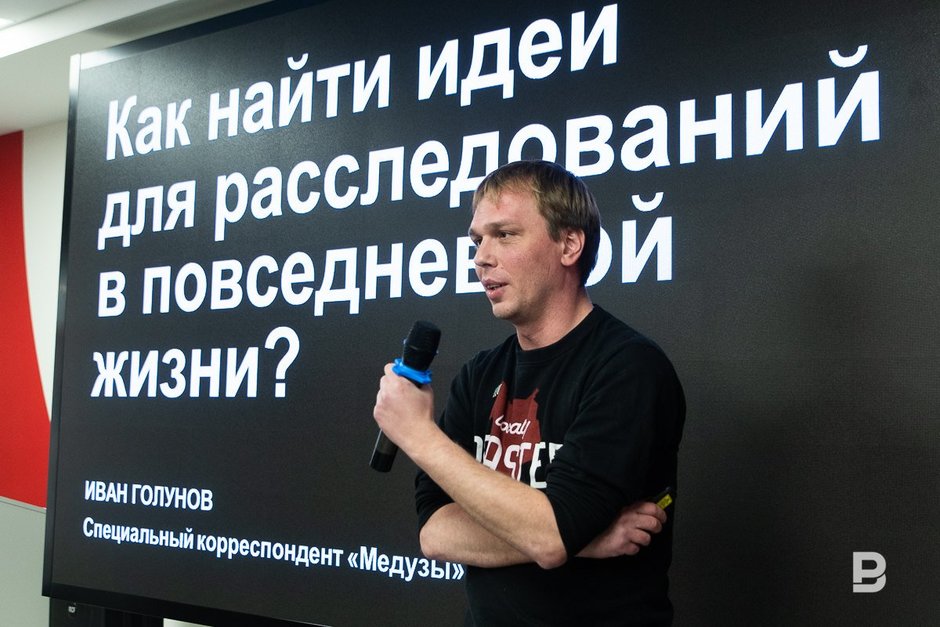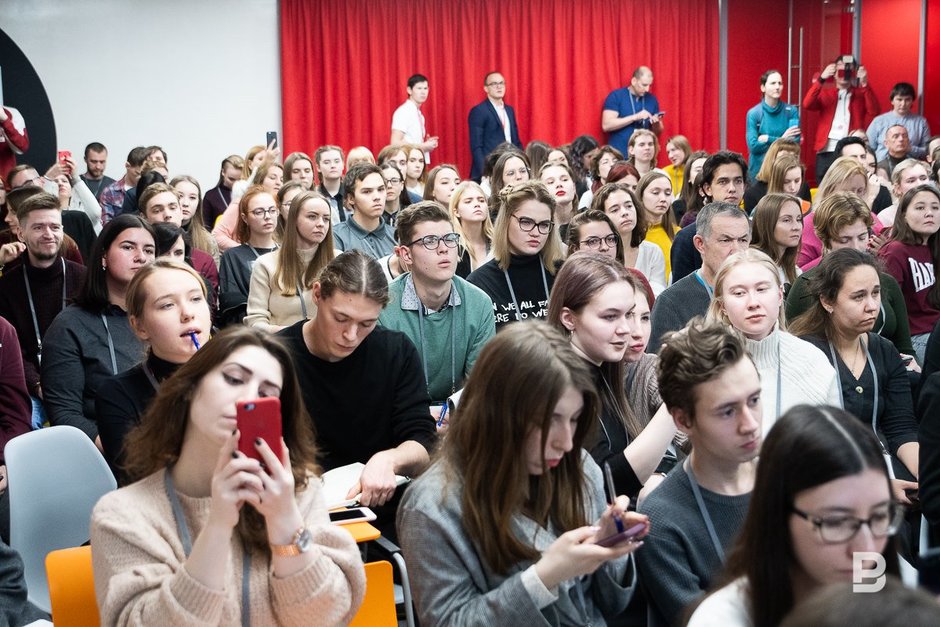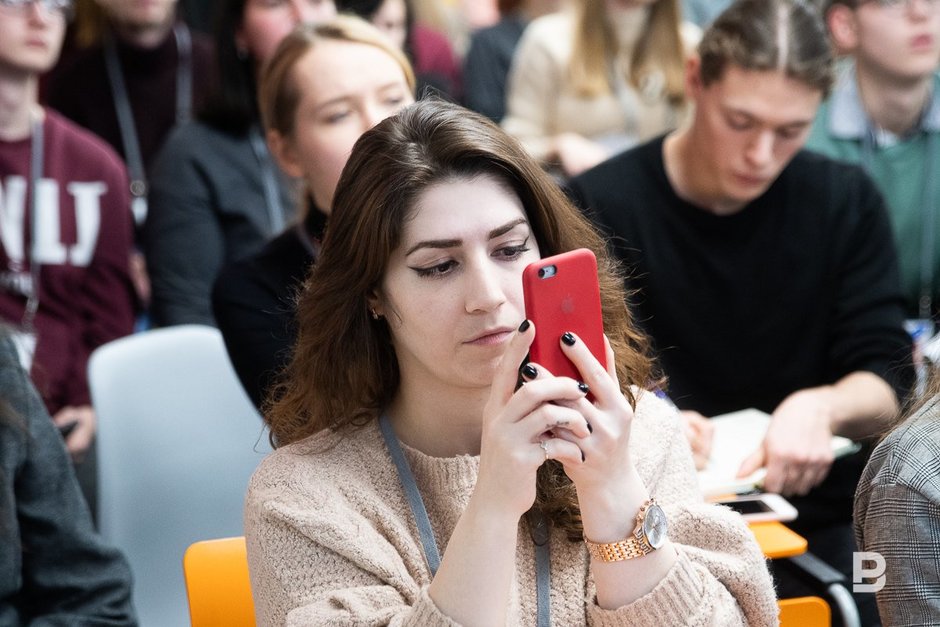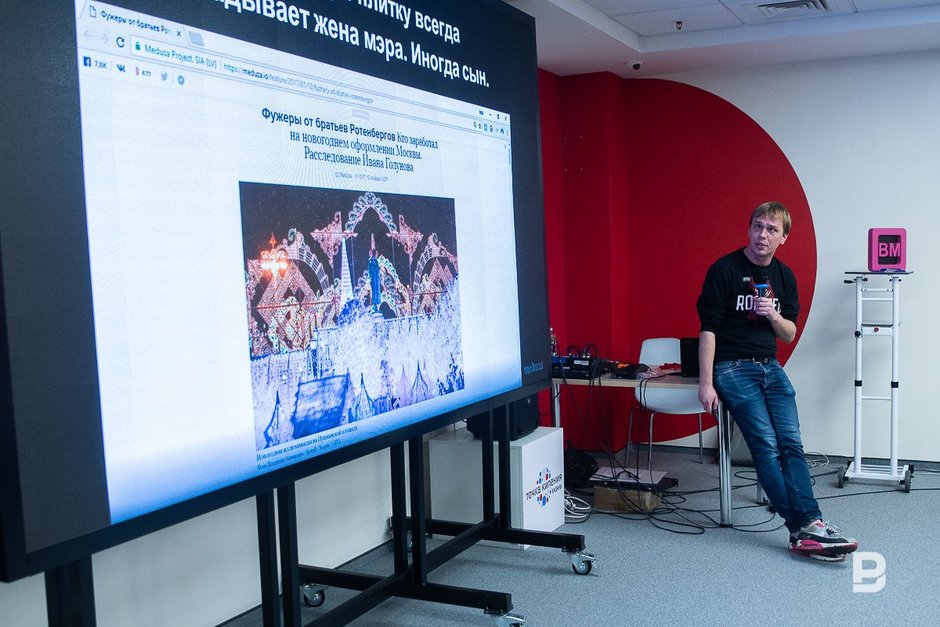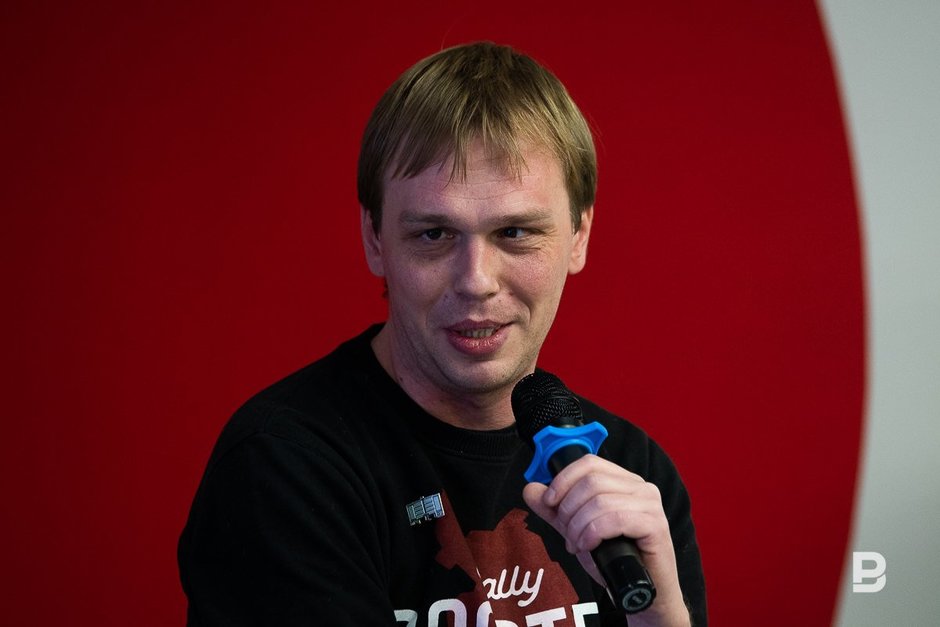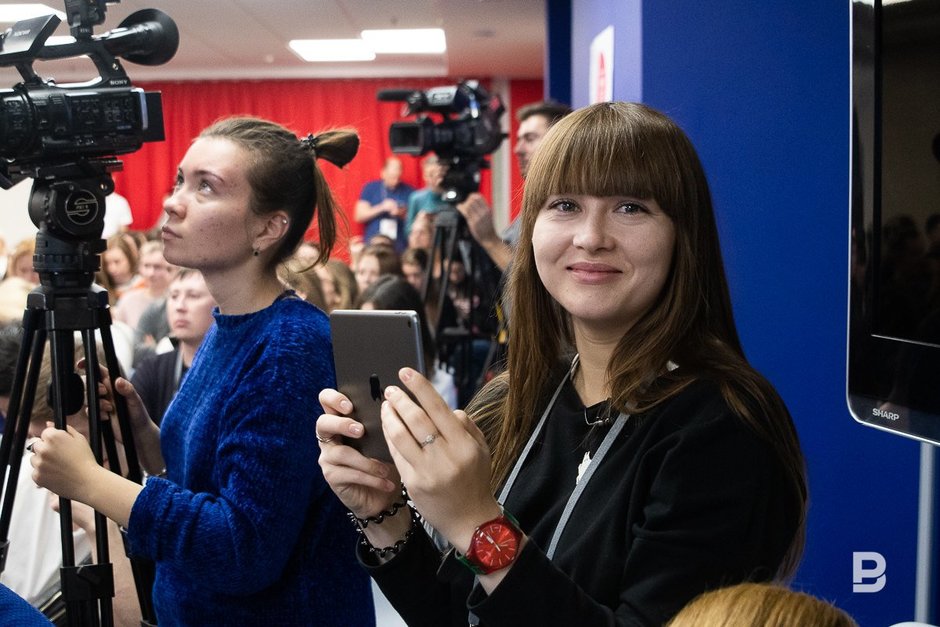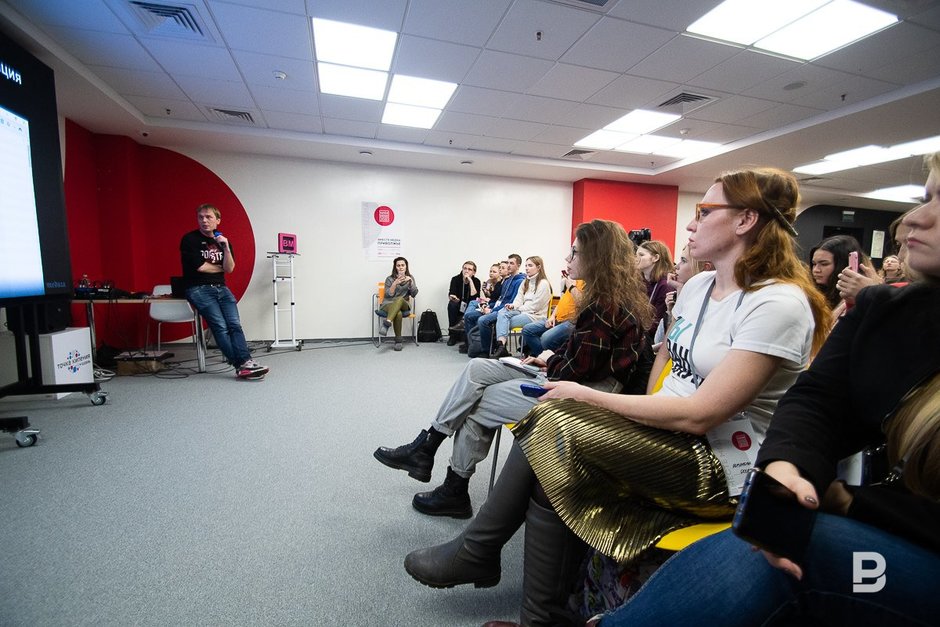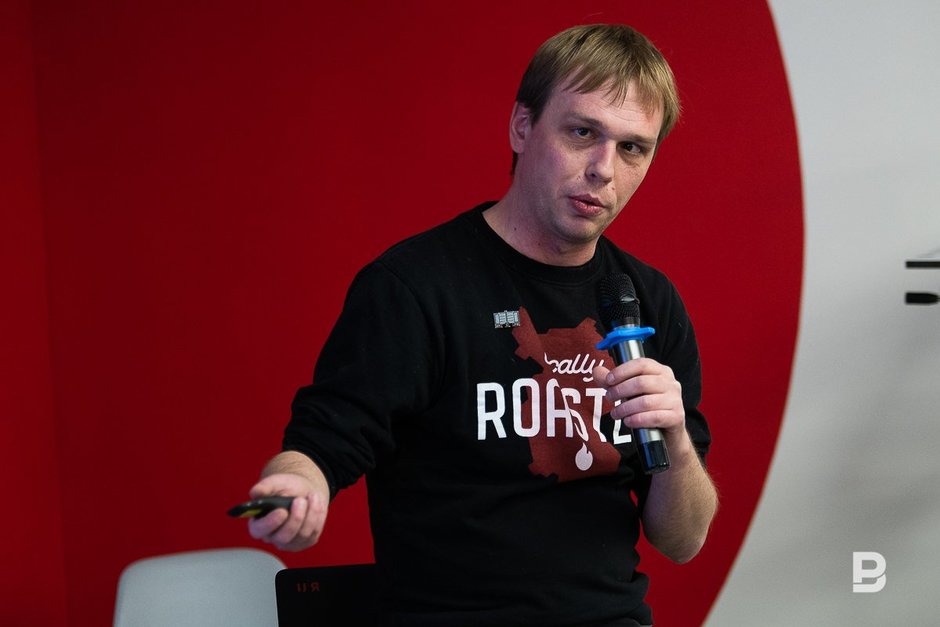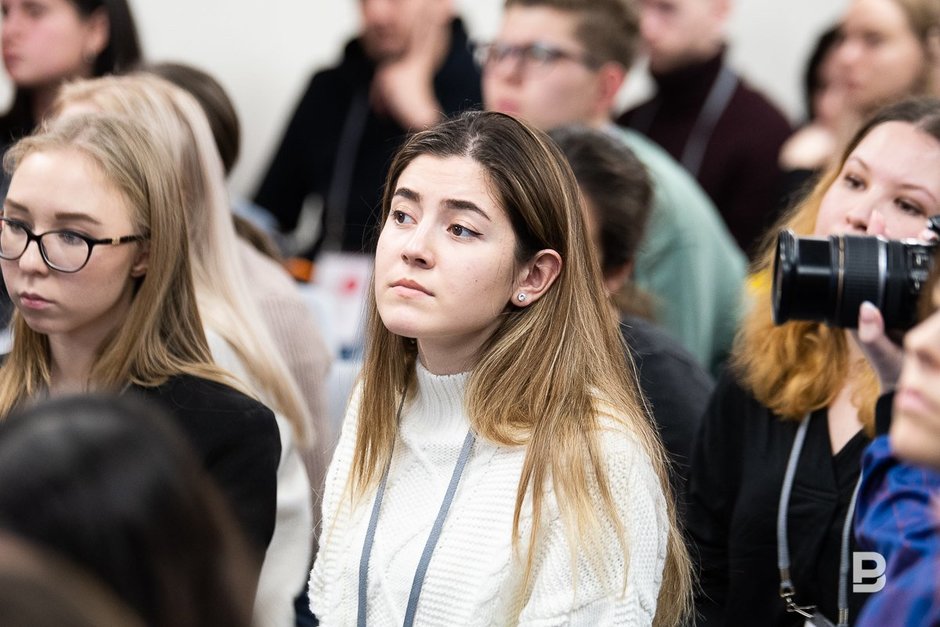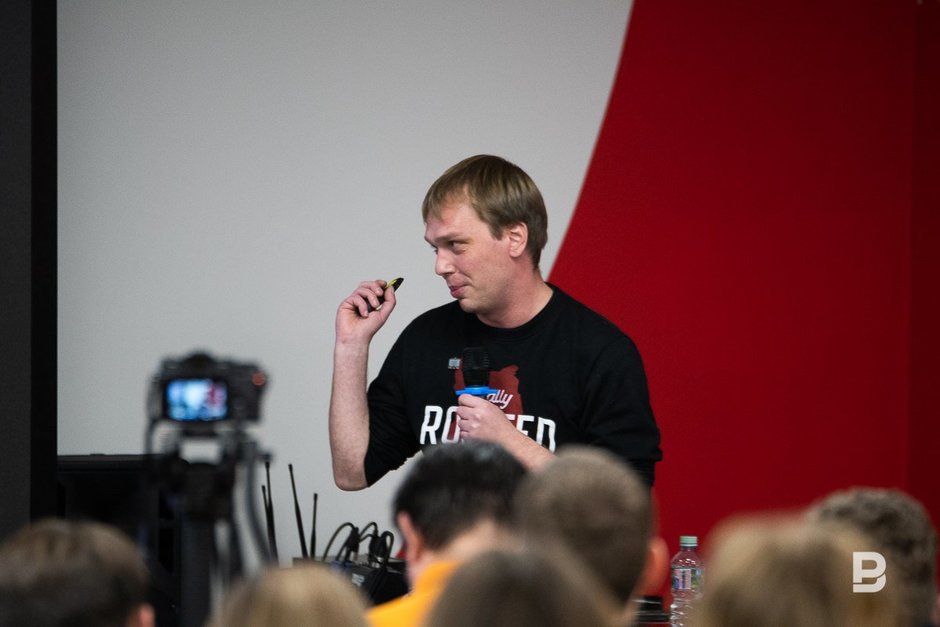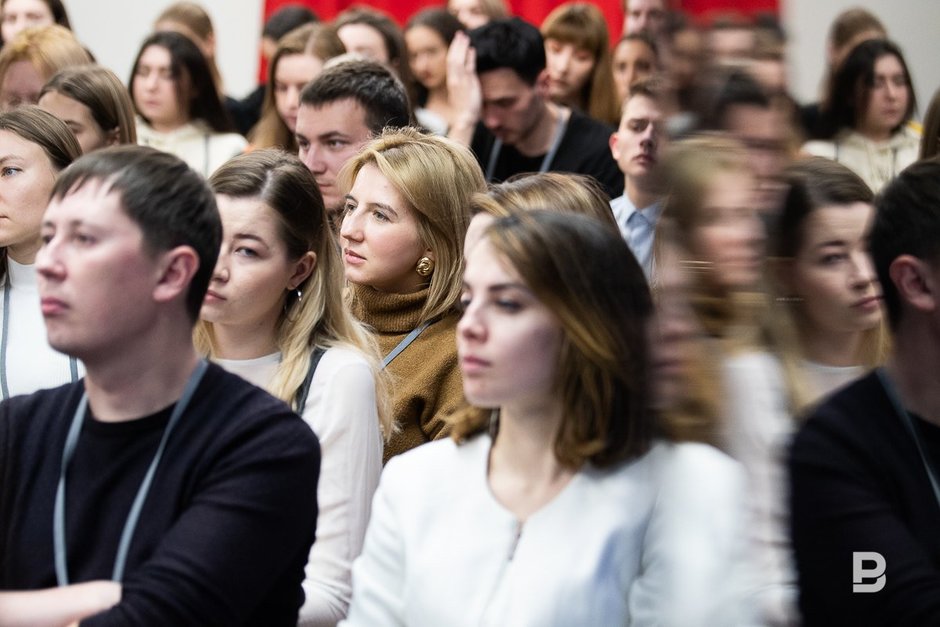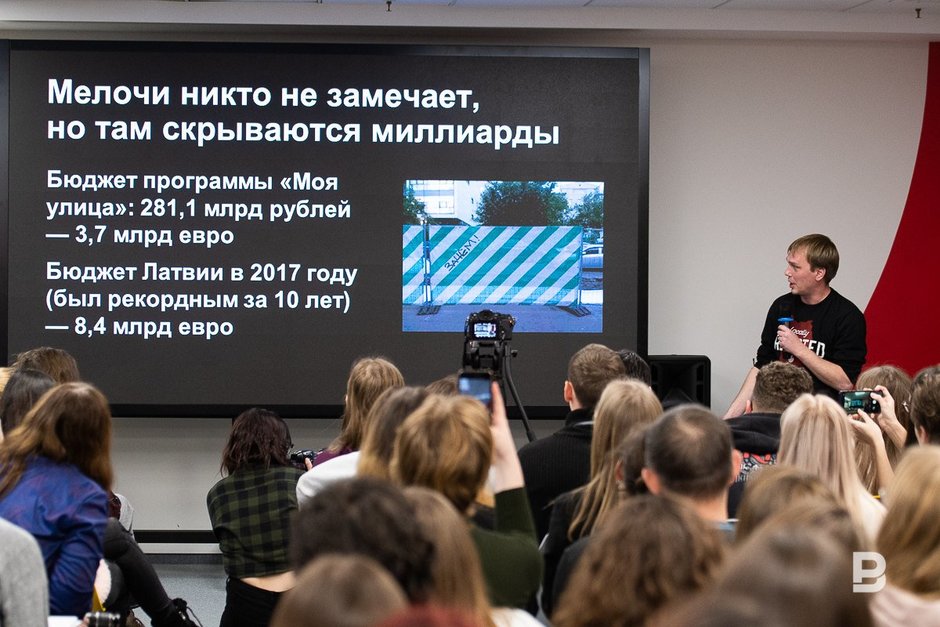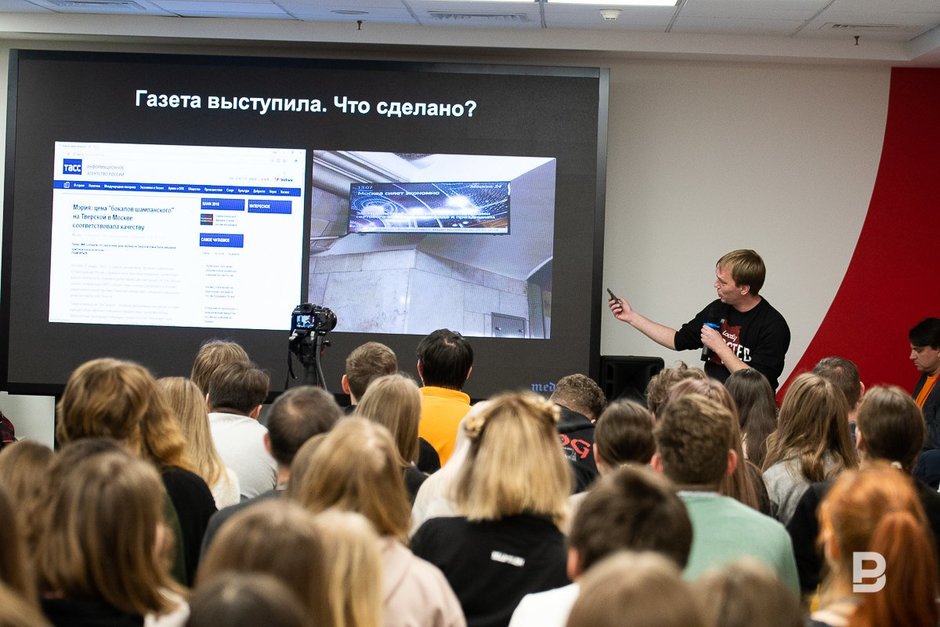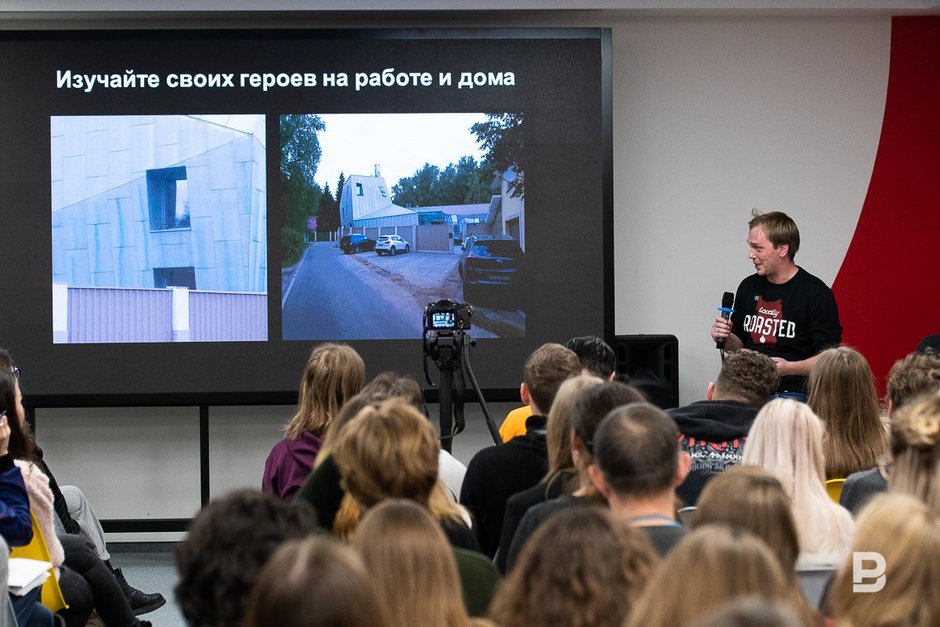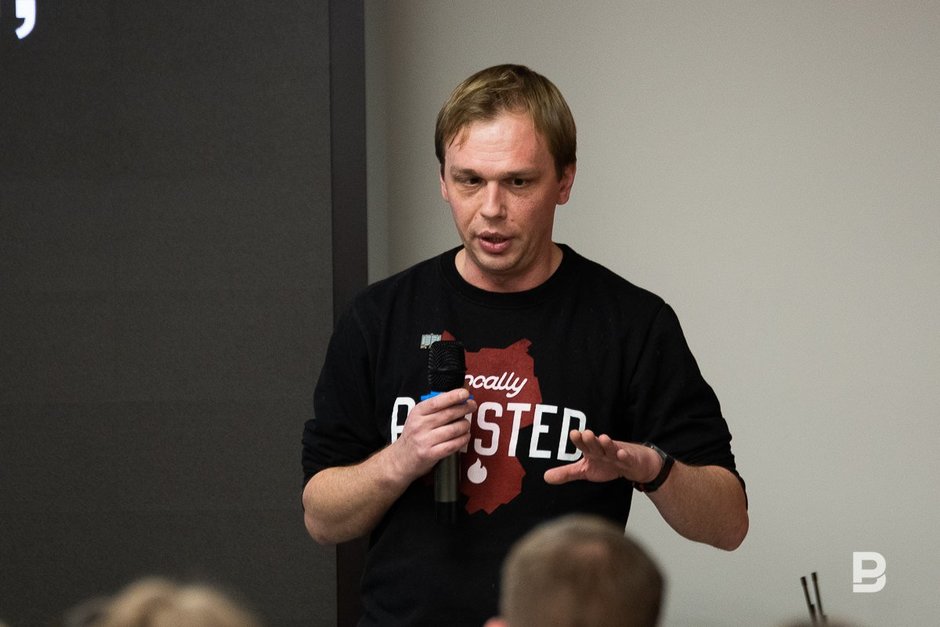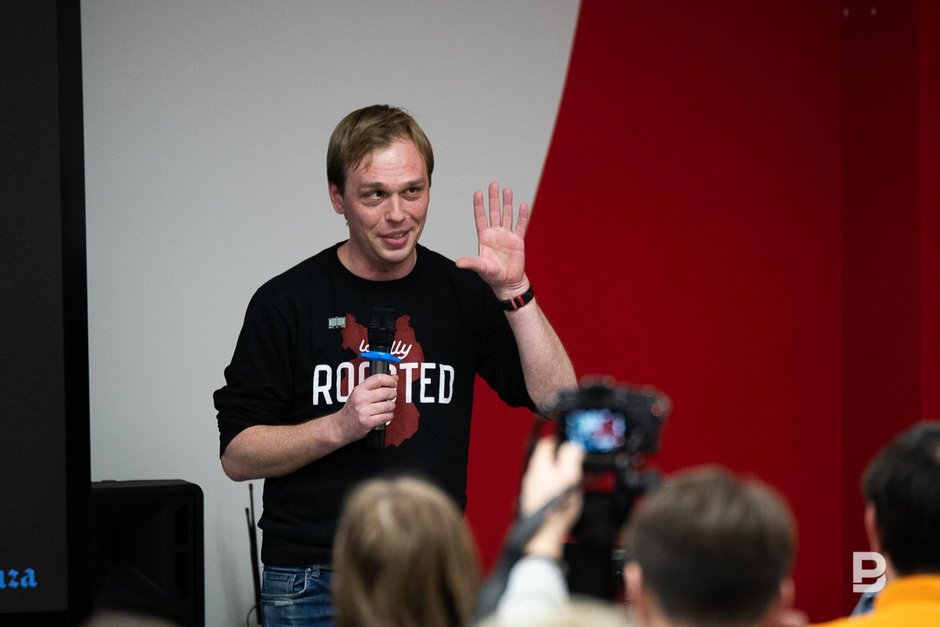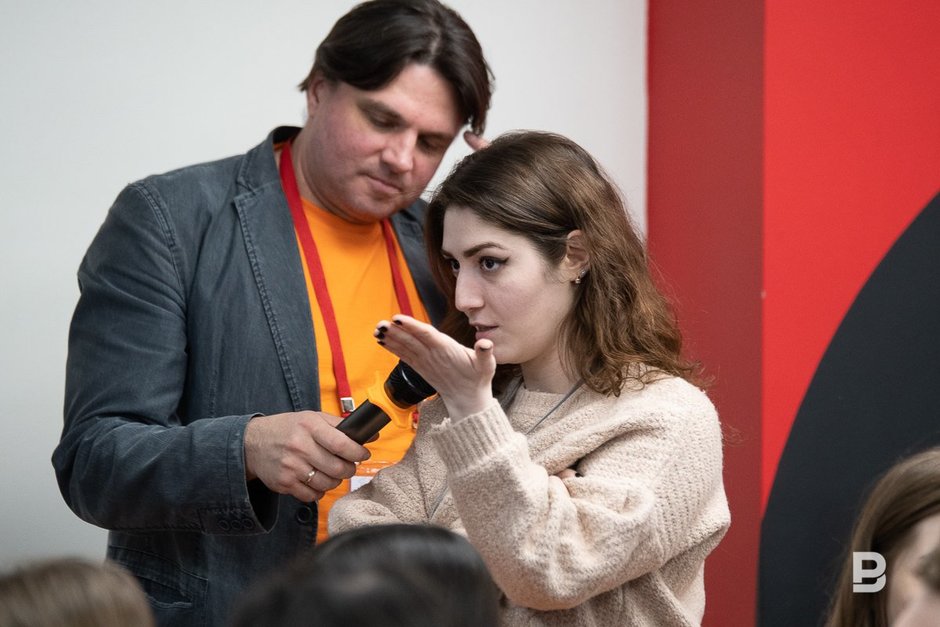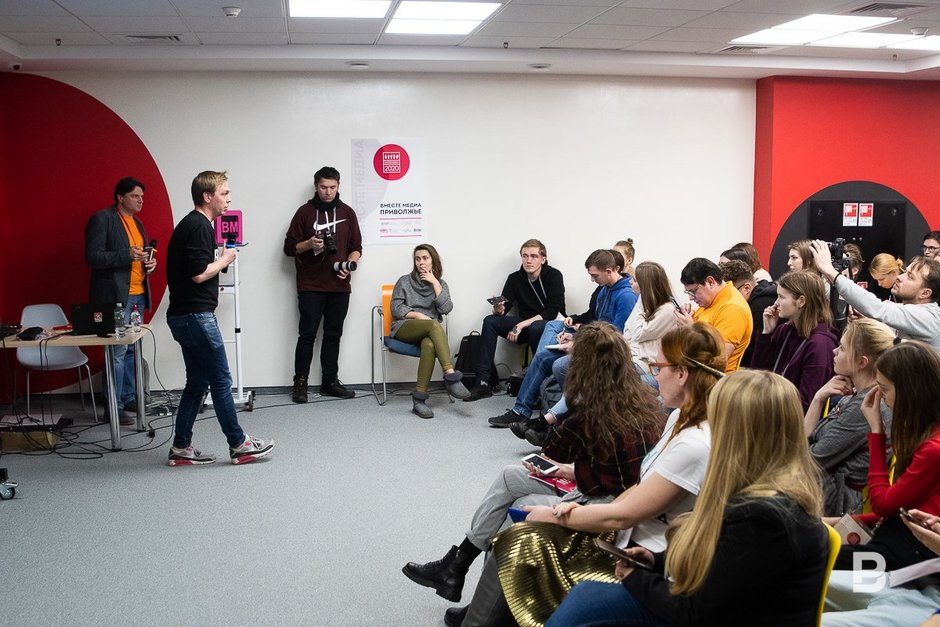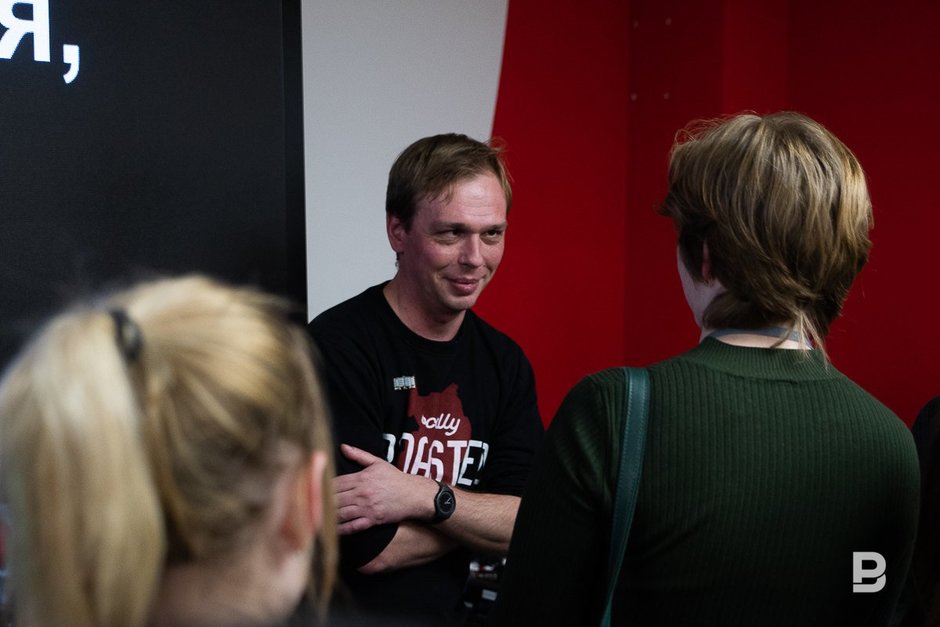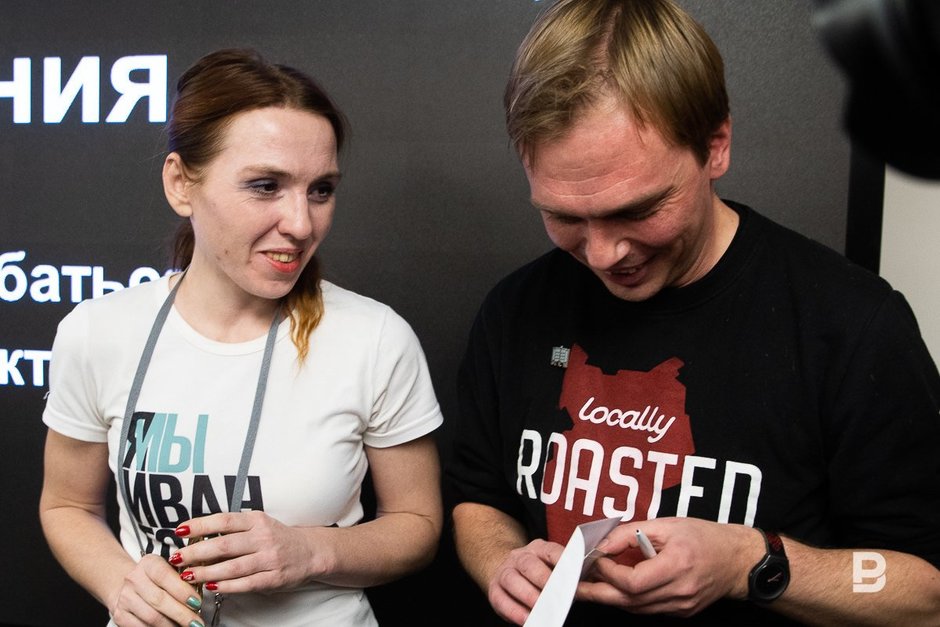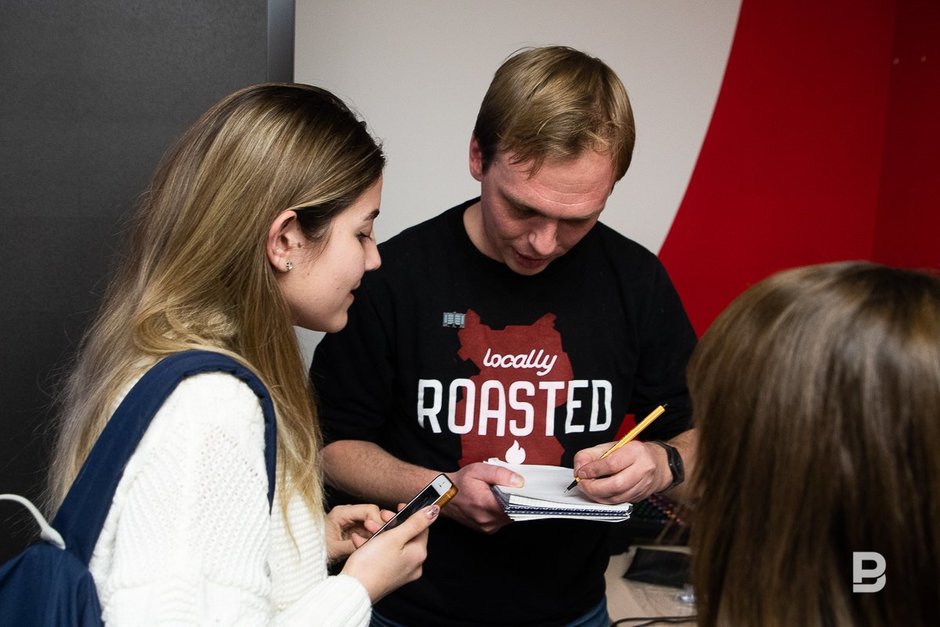Ivan Golunov, Meduza: ‘I haven’t returned to normal life I had before’
Highlights of investigative journalist’s lecture in Kazan
The story of Meduza’s special correspondent Ivan Golunov who was planted drugs in his rucksack by police and who was then accused of attempted sale of drugs resounded across the country this summer. Thanks to the public outcry and active coverage of the process in the mass media, Moscow police examined the case more carefully and concluded that there wasn’t any evidence to prove Ivan Golunov’s guilt. According to one of the unofficial versions, the “attack” on the journalist could be revenge of one of the characters of his numerous and scandalous investigations into corruption. Now the correspondent is investigated as a witness and continues his work. On 13 December he gave a lecture on investigative journalism in Kazan at the forum for the mass media Together with Media. Read more in Realnoe Vremya’s report.
Curiosity and how it works
“It seems to me that curiosity is the main characteristic of a journalist, moreover, not only an investigative journalist. I didn’t plan to become an investigative journalist, I was just interested in some issues, tried to find answers to them, and it turned out to be called ‘investigation’.
Most of my texts are about Moscow because I live in this city. So New Year illuminations appeared in the capital two years ago. I went to the website of government procurement, tried to find tenders that were linked with it and found out that billions of rubles were spent on the New Year design. I made a list of those who fulfilled contracts and wrote a note about who in Moscow earned on the festive illuminations. I understand that it seems to all of us that we already know who does it, but actually, it is by far more complicated. And sometimes it is really interesting to sort all things out. So the note about Moscow’s New Year decoration grew into several texts.”
Feedback at Meduza and second note
“Meduza has quite good feedback. There is a link Contact Us below every text on the website, while readers’ addresses go to a separate channel that all employees of the editorial have access to. At the same time, the authors are obliged to reply to these messages. And when the first note about the New Year illuminations was published, the general channel began to receive a lot of messages like: ‘We have seen similar illumination in France, here are some photos from our holiday’. Indeed, there was something similar to the champagne flutes hanging over Tverskaya Street. Moreover, the French company itself wrote to Meduza claiming that it was their illumination. We immediately asked for a list price and found out that the decorations were five times cheaper than the price Moscow bought them for. This is how the second note appeared.”
It seems to me that curiosity is the main characteristic of a journalist, moreover, not only an investigative journalist. I didn’t plan to become an investigative journalist, I was just interested in some issues, tried to find answers to them, and it turned out to be called ‘investigation’
There is such principle: “Go for money”
“Try to understand how much it costs, who earns on it and who gets the contracts. Moscow’s improvement programme My Street interested me, its budget in 2015 totalled about 20 million rubles. Besides, some Spetsstroy company got the contract in this programme for a very significant sum. Of course, I wondered what contractor it was.
I didn’t manage to solve this riddle because the company was registered in the name of a strange person about whom nothing was known. I tried to call the company but didn’t understand at first that I wouldn’t succeed on 8 495 123 45 67 because it isn’t a number but just 1234567. Then I headed to the office of the company, but it turned out that it was a room in the workshop of graphic artists, a dog was barking behind the door and nobody answered. I spent much time agonising over this issue until I found out that quite a big realtor company Capital Group, which usually built elite houses and hadn’t been seen working with state contractors, was behind it. And in late 2018 it also became known that relatives of Vice Mayor of Moscow Pyotr Biryukov who supervises the whole improvement programme purchased a two-storeyed penthouse for 1,5 billion rubles at the end of the first year of the programme (it is when Spetsstroy got its big contract).
Try to understand how much it costs, who earns on it and who gets the contracts
Attention to detail
“I like to go walking, look at everything, pay attention to labels and so on. This habit made me once see when I was going for a walk in the city that quite much marble to improve Moscow came from Ukraine. It alarmed me because it was in 2016: in fact, there couldn’t be any marble from Ukraine in Moscow streets amid the trade war. I didn’t know what to do with it unless I saw statistics and found out that according to the Russian Statistics Service in 2016 there was made 885,000 square metres of marble in Russia. At the same time, Moscow alone laid 1,2 million square metres of marble pavement and curbs. I saw that there was room for Ukrainian marble, though functionaries stated that the marble was only Russian.”
Be open to all sources of information
“Now there will be a story about ‘bad journalists’. When I suspected that the company with the number 1234567 could be linked with Capital Group, I sent them a request. Colleagues started to come to me soon and say that PR managers called them and asked them to copy my text ‘for friendship’s sake’ from the editorial’s system and then send it to them to see what it was about. Fortunately, I don’t write texts in the system but insert them before publication.
After I heard out my colleagues, I decided to meet and talk with these strange people who tried to get access to my article. I wondered who they were. I agreed to meet with my acquaintances in a café to book a table for the meeting with a camera trained on the table (for instance, if I am offered money) to have evidence just in case. But the meeting was less strange. I offered them to show the piece of the text in which their (possible) clients were mentioned and clarified: ‘Which surnames are you interested in?’ And for some reason, they named the surnames I hadn’t been familiar with but then I added to the text and showed everybody.”
Doubts are also an important characteristic of a journalist. Always doubt everything. You can be mistaken, people can be mistaken. Try to check everything out several times
Work with sources
“It is very important to always ask the question: ‘Why are they telling me this?’ It is important to understand the point of what they are telling you. When I am offered a theme, told about, for instance, cases of corruption somewhere colourfully, I always start to think: “What’s the interest of this person?”
Another important question is: ‘How to persuade the source to talk with me?’ Firstly, it must consider you as an interesting interlocutor. Secondly, it must feel you know more.
Doubts are also an important characteristic of a journalist. Always doubt everything. You can be mistaken, people can be mistaken. Try to check everything out several times.”
Anonymous leaks and Russian court
“Courts in Russia think that there aren’t anonymous sources. When the judge required to reveal the source of information in the investigation between Forbes and CEO of Rosneft Igor Sechin, while journalists refused to do it, the judge decided the magazine made everything up itself and it didn’t have any sources. For this reason, when you write citing some sources, take into account that you can be taken to the court and you will have to answer something there. If you say: ‘Our vice mayor told me this,’ it is unlikely that somebody will talk with you after that.”
If you make a mistake
“If you understand you made a mistake in the note, better call your character and apologise. He will be very surprised and probably remember you.”
If you understand you made a mistake in the note, better call your character and apologise. He will be very surprised and probably remember you
Life after arrest
“Did I acquired new habits in my everyday life or precautions after what happened? You know, life after that is a bit different and it doesn’t completely depend on me. I am not my own master now. I haven’t gone into work because I have a lot of other things to do. I haven’t returned to normal life I had before. This is why it is hard for me to say something about it.”
